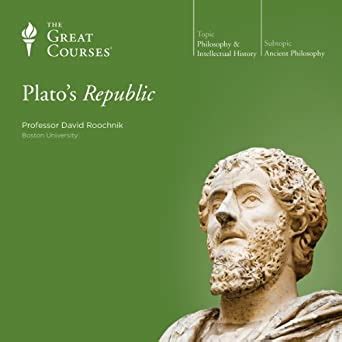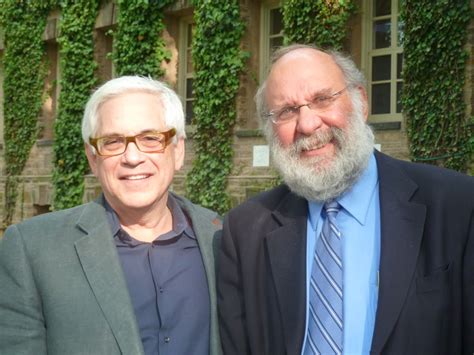A Quote by Ernest Sosa
Ultimately, my more significant agreement is with a virtue tradition that features Aristotle and Descartes.
Quote Topics
Related Quotes
Internalist approaches to epistemology, I believe, have a great deal of intuitive appeal. Internalists believe that the features in virtue of which a belief is justified must somehow be internal to the agent. On some views, this amounts to the claim that these features must be accessible to introspection and armchair reflection. On others, it amounts only to the claim that they must be mental features.
17th century philosophers were not in a position to understand the mind as well as we can today, since the advent of experimental methods in psychology. It shows no disrespect for the brilliance of Descartes or Kant to acknowledge that the psychology which they worked with was primitive by comparison with what is available today in the cognitive sciences, any more than it shows disrespect for the brilliance of Aristotle to acknowledge that the physics he worked with does not compare with that of Newton or Einstein.
Through Plato, Aristotle came to believe in God; but Plato never attempted to prove His reality. Aristotle had to do so. Plato contemplated Him; Aristotle produced arguments to demonstrate Him. Plato never defined Him; but Aristotle thought God through logically, and concluded with entire satisfaction to himself that He was the Unmoved Mover.
There is too great a tendency (perhaps encouraged by popular journalism) to deal with the dramatic moments, forgetting that these are not always the most significant moments. ... To find the significant rather than the dramatic features of industrial controversy, of a disagreement in regard to policy on board of directors or between managers, is essential to integrative business policies.





































